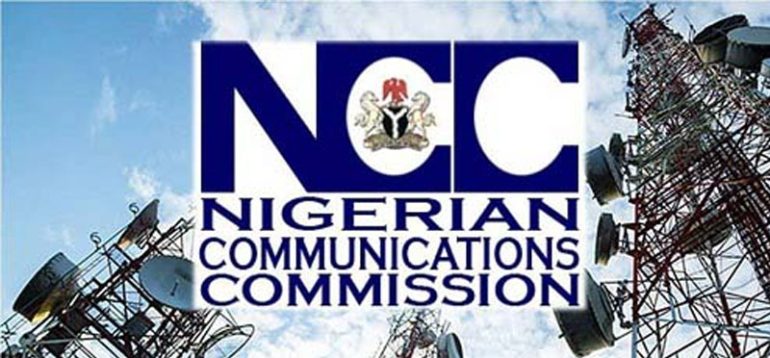Nigeria’s path to full digital inclusion continues to drag due to low smartphone penetration in the country.
Telecom operators attributed the situation to the huge investment required to extend network coverage to rural areas.
According to the Nigerian Communications Commission, 2G continued to be the dominant technology in Nigeria’s mobile market with 60.32 per cent of Nigeria’s 220.36 million mobile subscriptions on 2G network as of August 2023.
It stated that 28.07 per cent of those subscriptions were on 4G; 10.78 per cent on 3G, and 0.83 per cent were on 5G, indicating low smartphone ownership in the country, despite sustained network investments by telecommunication firms.
According to Statista, only about 10 to 20 per cent of the Nigerian population owns a smartphone.
Alliance for Affordable Internet estimated the number of Nigerians with access to smartphones at 44 per cent.
However, MTN disclosed that the number of smartphones on its network increased by 1.8 million, bringing its smartphone penetration to 53 per cent in the first half of 2023.
It also grew data revenue by 34.9 per cent due to increased usage supported by its network expansion and smartphone penetration.
According to MTN, its 4G network now covers 80 per cent of the population.
Meanwhile, Airtel claimed almost 100 per cent of its sites in Nigeria currently deliver 4G.
Digital technologies have exploded in the last couple of years, powered by mobile devices. Mobile has also been responsible for the exponential growth of financial services in the country.
GSMA recently stated that mobile technology was the primary means of Internet access for a lot of people in low/middle-income countries, enabling access to critical information, services, education, healthcare, and income generating opportunities.
According to the President of the National Association of Telecoms Subscribers, Adeolu Ogunbanjo, affordability was a key issue with type of phone ownership.
He told The PUNCH: “Affordability of the phone type. Many people, particularly those on the lower ladder of the economy, still use feature phones. And they form the majority. Those on the higher ladder of the economy use smartphones. The poor people can only afford 2G phones. 3G and 4G phones are for middle levels.
“3G phones are for people who can afford a meal somewhat. But poor people will use feature phones. 5G, for now, will be out of reach for many people.”
Ogunbanjo noted that affordability concerns would continue to trump network coverage.
He, however, stated that poor networks would also determine the type of network people could rely on.
Ogunbanjo added: “Poor network will ensure that most people in certain areas will rely on 2G technology. In rural areas, for instance, 2G is probably the most reliable network generation there.”
This sentiment was shared by the Head of Operations, Association of Licensed Telecommunications Operators of Nigeria, Gbolahan Awonuga, who highlighted to The PUNCH that 2G was the more accessible network generation for a lot of Nigerians.
He also decried the level of digital education in the country, which he claimed was also a contributor to the low smartphone penetration in the country.
He said: “2G goes far and wide. In rural areas, there are a lot of feature phones. There is also the issue of digital education; most people do not know the type of phone to buy.
“Network coverage and infrastructure deployment are major issues. When you look at Nigeria, we are deficient in infrastructure. We have fewer base stations than we need. Smaller countries have more base stations than we do in the part of the world. Telecom services are all about infrastructure and if it is not there, there won’t really be usage.”
Awonuga noted that high cost was not really an issue for smartphone ownership in the country.
According to GSMA, mobile devices promoted digital inclusion, enabling many individuals to benefit from the exchange of information for business and social purposes, increased productivity, and improved access to information.
Increasing access to the digital world is dependent on increasing smartphone access, which many experts have termed as the computer of many Nigerians.
